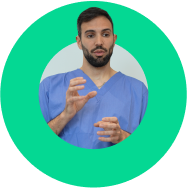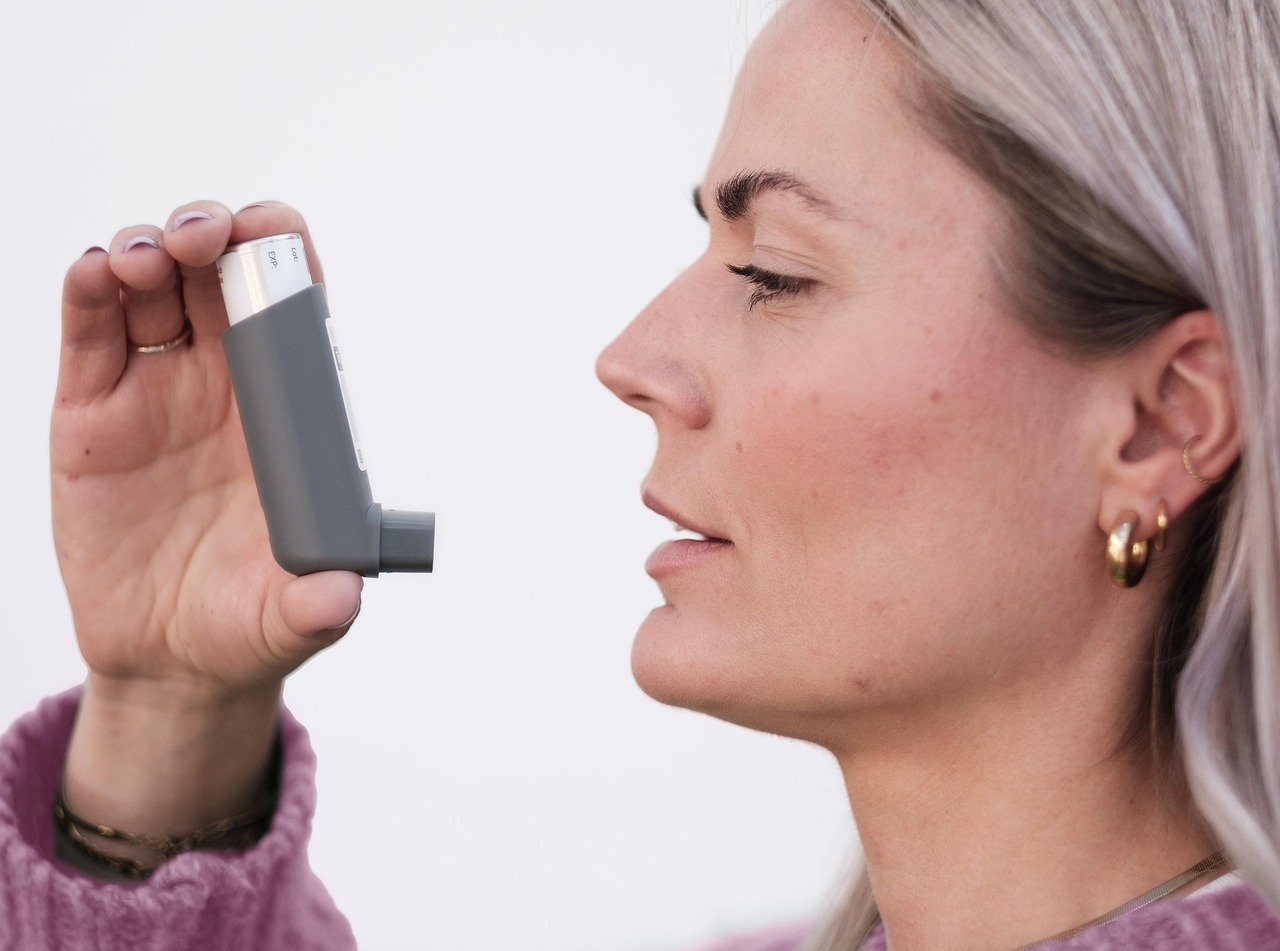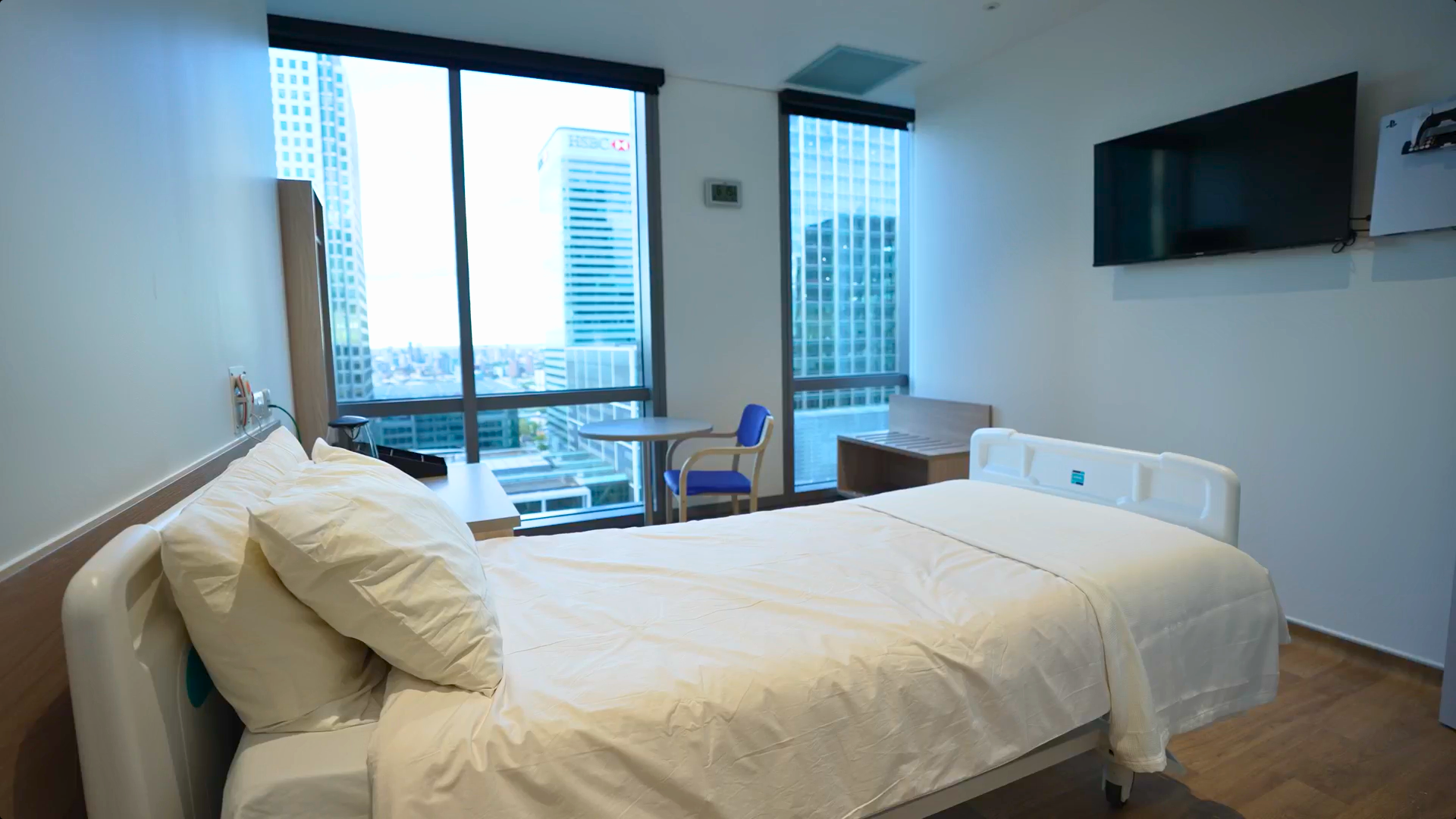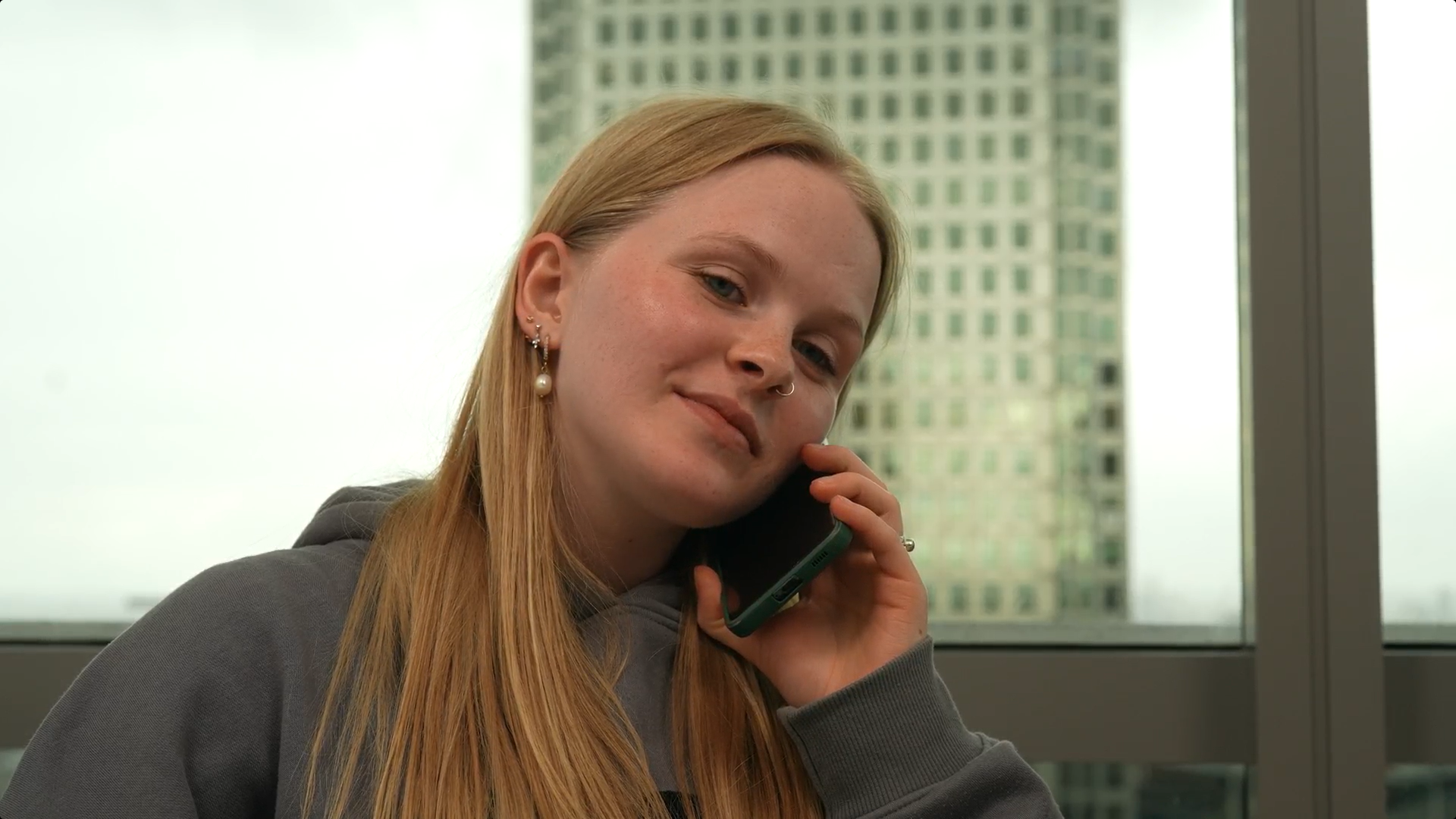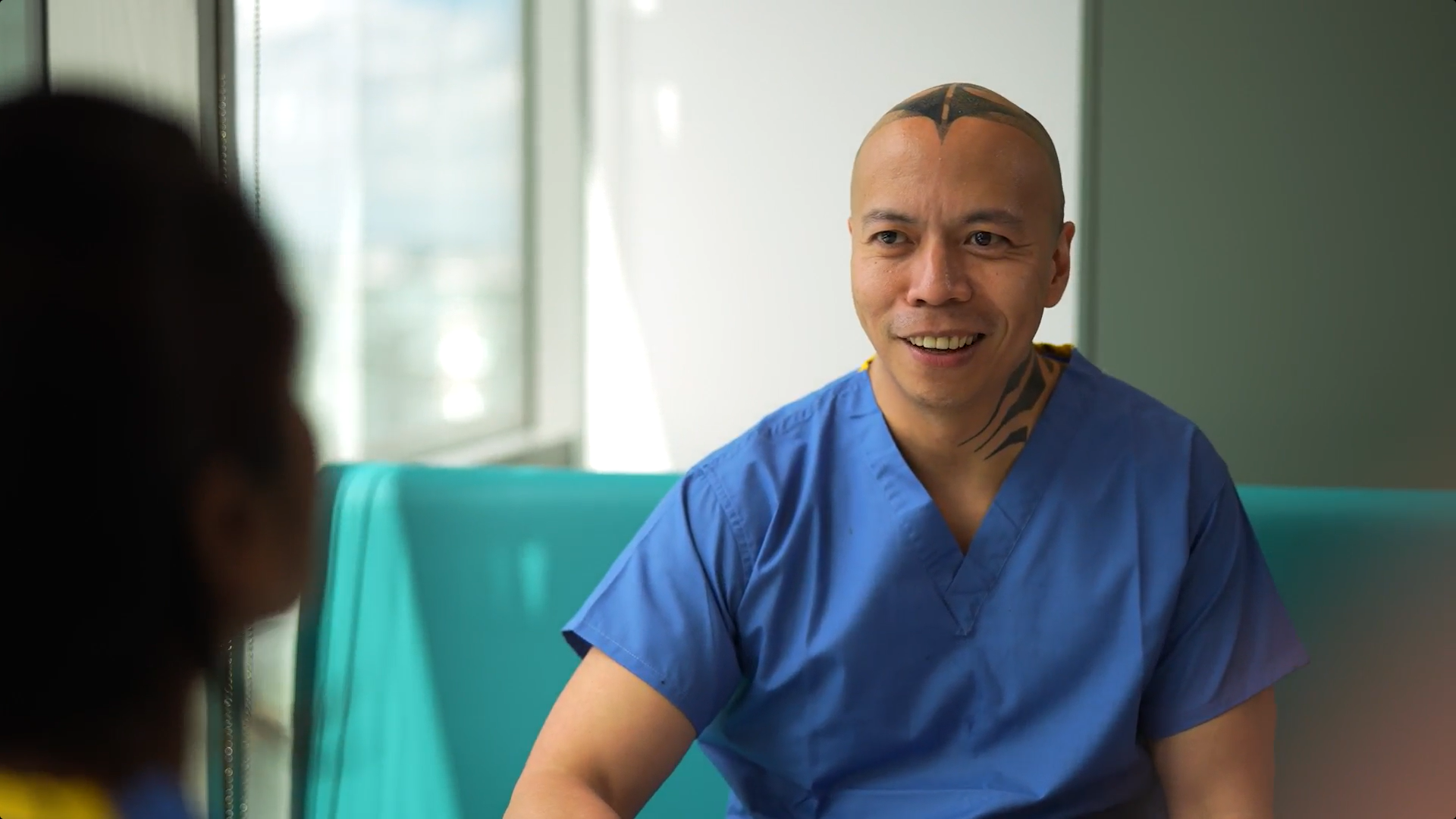What is a Human Challenge Study?
During a human challenge study, a small number of healthy volunteers will receive a vaccine or drug which will be used to fight viruses. Volunteers are quarantined in our bespoke facilities in Whitechapel. We expose our volunteers to respiratory viruses such as Influenza (flu), Respiratory Syncytial Virus (RSV) and Human Rhinovirus (common cold). Our research scientists and medics will then assess how effective these vaccines or treatments are by gathering data to try and identify any side effects as well as any effectiveness.
A Brief History
Human Challenge Clinical Trials have been carried out for over 50 years and play an important role in the fight against diseases such as malaria, typhoid, cholera and flu. They are amongst the most efficient and scientifically powerful means for testing vaccines and medications. hVIVO, the parent company of FluCamp, has safely completed over 50 Human Challenge Studies since we started in 1989. These studies have included more than 3,000 volunteers.
Safety First
The safety of our volunteers in any clinical study is always our priority; and to ensure we can safely develop the human challenge model; we work closely with the UK’s regulatory and ethics bodies to provide assurance that the studies follow established guidelines and are designed to minimise the risk of harm to our volunteers.
The human challenge study will be reviewed by a specialist ethics committee before any volunteers are enrolled. Government scientists at the Medicines and Healthcare products Regulatory Agency (MHRA) and the Health Research Authority (HRA), will also approve the study before it is conducted. Everyone that takes part in a clinical trial will be carefully selected through a screening process which starts from the moment the volunteer application is received, until the volunteer receives a final invitation to take part in the clinical trial.
Human Challenge study at FluCamp
FluCamp offers clinical trials that take place at hVIVO’s specialist quarantined facility in Whitechapel. Our doctors monitor volunteers 24 hours a day and can provide immediate access to medical care if required. As a volunteer, you will be contacted after completion of the clinical trial to follow up and ensure your long-term well-being.
Human Challenge Studies help us to select the most effective vaccines and medications in the most efficient time.
FluCamp’s focus and main objective with our volunteers is to gather the cleanest possible data to help develop new medications and vaccines.
Find out more information about Our Clinical Trials
Benefits to a Human Challenge Study
Here at FluCamp, we ensure that we do everything we can to make the clinical trial experience as rewarding, comfortable and enjoyable as possible for our volunteers. Our aim is to ensure people get as much value from their time as possible, as well as building a level of trust. The benefits of being included in a human challenge study at FluCamp are:
- Helping research – billions of people every year are affected by respiratory viruses. You will be helping science to understand more about what we can do to treat patients. You could be the answer and by taking part could help prevent future generations from respiratory infections.
- Compensation – Our studies generally last 11-14 days and you will be compensated for your time with our important research. Volunteers are compensated on average £3,500.
- Time for yourself – A FluCamp clinical trial is generally spent in a quarantined environment, so many people use this as an opportunity to take a break, do some reading, study for an exam or test, play games or even to work remotely with little distractions.
Read some of our Volunteer Stories
If you are interested in applying to become a volunteer and to help us learn about viruses and medication, please head to Apply Page. Here you can find more information regarding applying and what studies are currently available.
We’ve released some of our finding from our Covid-19 human study, to find out more of what one of these looks like here
You can also find more information by clicking the links below:
https://www.cdc.gov/flu/about/index.html






